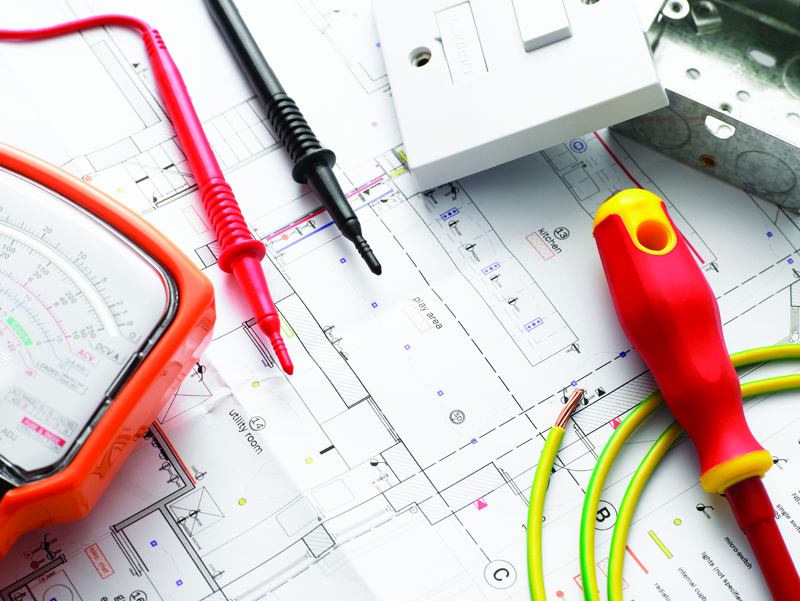
Better Safe than sorry
In the current financial climate, it can be quite tempting to try and save a little money by performing electrical jobs yourself. But you are really much better off employing a qualified and registered electrician.
While you may be able to get away with doing some electrical work yourself in the short term, you will one day want to sell your home and then you are going to need an electrical compliance certificate. To obtain such a certificate, your electrical installation will be subject to an inspection by a registered electrician, who may require that the wiring that you installed yourself be rectified, possibly at greater expense than it would have cost to do it properly in the first place.
We also tend to take electrical safety for granted, because most of us are fortunate enough to never experience the potential negative side of electricity.
In South Africa there are millions of sub-standard, unsafe electrical products on offer. Non-compliant products can fail, causing injury and even death due to fire or electrocution.
Safe, compliant products require specialised materials: specially selected metals and metal coatings; strict manufacturing processes, including stringent testing; and ongoing proof of conformance.

It is often difficult to distinguish a safe electrical product from a dangerous one, unless you make use of the services of a qualified electrician.
A qualified electrician will supply and use safe products, which can save you a lot of money and heartache in the long run.
The sale and installation of electrical products are governed in South Africa by the following:
– The National Regulator for Compulsory Specifications Act No 5 of 2008, which covers the sale of products and applies to electrical products, including those for fixed installations such as sockets, plugs, adapters, and cord extension sets;
– The Occupational Health and Safety Act No 85 of 1993, which covers the use of products in fixed installations such as socket outlets, wall switches, stove isolators, and circuit breakers. This Act also prescribes the Wiring Code (SANS 10142-1) for the wiring of fixed installations in the work environment.
– The Electrical Installation Regulations, Government Notice R242 March 2009, which sets out the regulations applicable to domestic, commercial and industrial installations. All the components used therein must comply with the Code of Practice for Wiring of Premises, SANS 10142-1, which also covers the installation approval process for the issuing of Certificates of Compliance (CoCs) for new and existing installations.
Browse our directory of electricians and other home maintenance service providers in South Africa.



